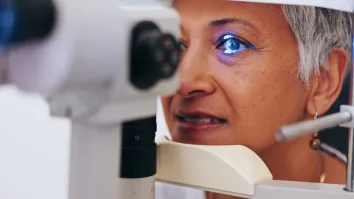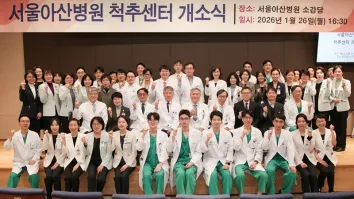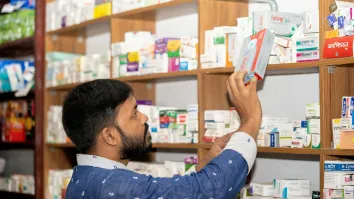Singapore’s medical tourism falters amidst currency fluctuation, regional rivals
Singapore is facing a decline in foreign patients as they opt for cheaper alternatives.
Singapore’s status as a leading medical tourism destination is under threat, as rising costs and intensified competition from regional players like Thailand and Malaysia drive foreign patients away.
Bijay Singh, Head Business Unit Healthcare at DKSH, said that the strengthening of the Singapore dollar has made medical services more expensive for foreigners.
“Regional players are growing stronger, with Malaysia offering tax incentives for medical tourism in tier two cities. Countries like Vietnam and Indonesia are also emerging as alternatives,” he said.
Beyond currency fluctuations, Alec Lee, Managing Director for Healthcare Research at FrontierView, noted that domestic inflation is pushing up hospital costs, further driving up prices. “Singapore isn’t necessarily less attractive, but it’s become more expensive. Regional competitors have also invested heavily in medical tourism hubs and effectively marketed their services, drawing patients away from Singapore,” Lee explained.
“Foreign patients now have more choices, and many regional countries are capitalising on that by offering competitive pricing and robust healthcare options,” Singh added.
Experts argue that Singapore’s strategy must evolve. “Singapore should prioritise high-end cardiovascular and complex surgeries instead of primary care. This plays to Singapore’s strengths in advanced medical expertise,” Singh said.
Lee emphasised the need for stronger ties with insurance providers. “Collaborating with private insurers is essential to create streamlined referral pathways. Ensuring that patients can access best-in-class care in Singapore through seamless insurance processes is key,” he noted.
Reducing out-of-pocket costs through policy incentives could be a game-changer. “Tax breaks and affordability mechanisms could help attract more foreign patients who are deterred by high costs,” Lee said.
Experts also see potential in developing Singapore as a medical education hub. “Singapore’s high level of expertise positions it well to be a training hub. Inviting healthcare professionals from neighboring countries for training builds long-term relationships and strengthens referral networks,” Singh explained.



















 Advertise
Advertise







